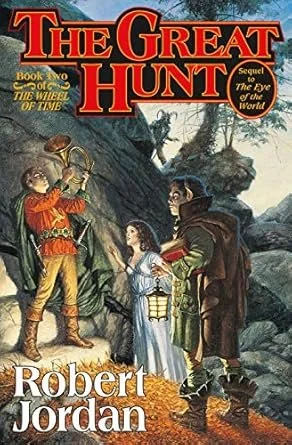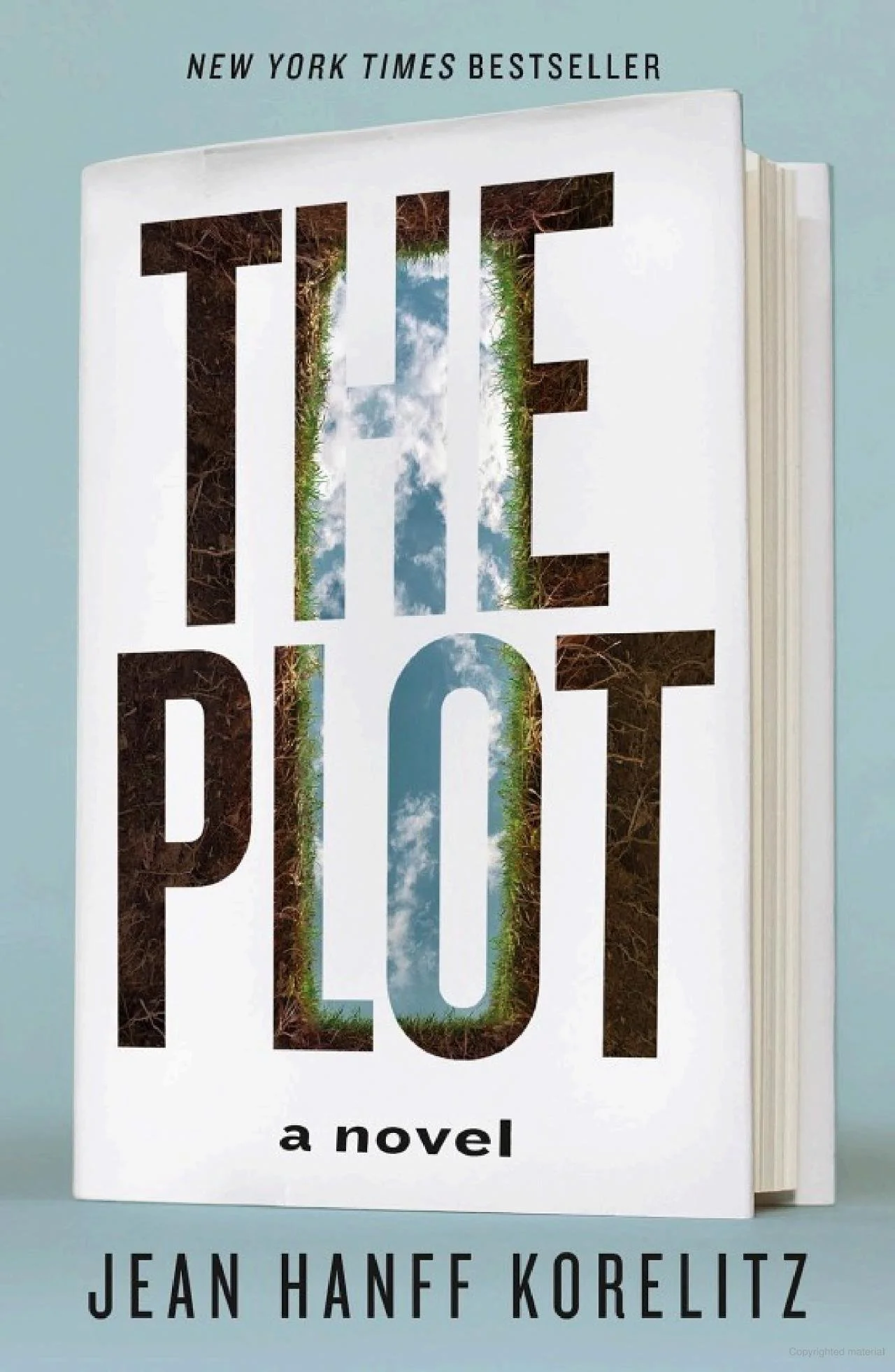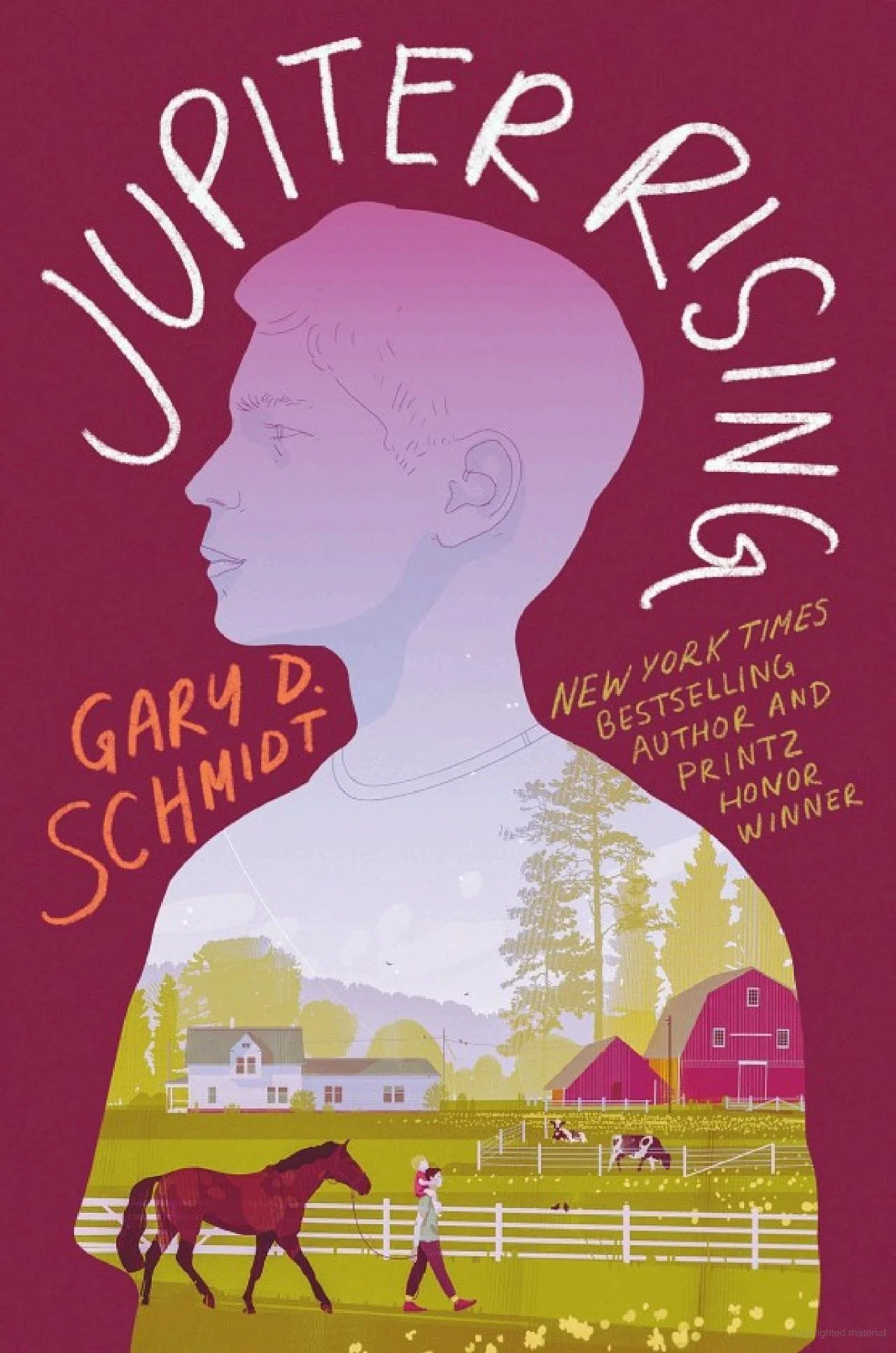Oh man, The Shadow Rising—the longest book in the Wheel of Time series—honestly feels like it sometimes. But there’s so much good stuff that you push through.
First off, Mat. That scene where he storms through the enchanted doorway demanding to know his future—and then—oh, the universe’s hilarious “plot twist”—he just has to get married. Classic. I found that very funny.
Dreamwalking. Hmm. Still feeling like we need clarity on the rules here. I don’t like “anything goes and anything can change” settings because it feels like the author can cheat.
Perrin, once again, is killing it. Taking us back to the Two Rivers and feeling like home again. And a wedding! Finally. We needed that. (His frustrated humility is great. “Stop calling me Lord.”)
Questions: I don’t understand why nobody in the story figured out that the weapon was to be an a’dam necklace for a male who could channel. I feel like someone should have guessed that? And Slayer…seems pretty obvious who it was, so why did it take Perrin so long?
I was devastated to read that Siuan and Leane were stilled. Hoping that comes around later—like, some a group of 13 to take, and a group of 13 to give back situation? Fingers crossed.
Min’s storyline? Still annoying. Still hating the same first-letter names. Gawyn and Galad, I can’t keep them straight. Unrelated — Morgase’s boyfriend who was trying to kill the girls—do we ever find out who he sent? Missed that memo, apparently.
My least favorites: Rand’s visions in Rhuidean? Molasses. Slow, sloggy, meh. Not memorable at all. And Logain becoming a bigger character at the end? Honestly, snooze if he features highly in the next book.
These books are a marathon, and you need a nap after finishing one. But the good news is, they are still popular enough that there is ALWAYS a multi-week hold line at the library. So that’s irritating enough to make me excited to keep reading.









